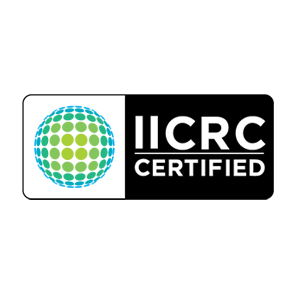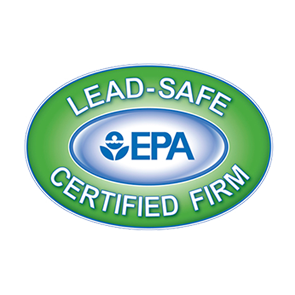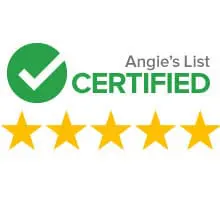Certified Water Damage Restoration Specialists





Possible Causes of This Issue
Tile and grout water damage can stem from several sources. One of the most common causes is prolonged exposure to moisture due to plumbing leaks. Slow drips from pipes hidden behind walls or beneath floors can allow water to seep into grout lines, breaking down its protective seal and weakening the bond between tiles. Over time, this leads to cracks, discoloration, and loosening of the tile.
Another major contributor is flooding or standing water. When water sits on tile surfaces for extended periods, it can penetrate through weak grout lines or underlayment materials, leading to trapped moisture beneath the surface. This not only compromises the stability of the tile but also encourages mold growth, which can spread quickly if not addressed properly.
Additionally, high humidity levels in areas like bathrooms, kitchens, and basements can slowly degrade grout and cause moisture buildup. Without proper ventilation, grout absorbs excess moisture, leading to staining, crumbling, and a breeding ground for bacteria. Over time, the deterioration of grout allows water to seep into the subfloor or wall, causing deeper structural damage that requires professional restoration.
How We Can Fix That
Our restoration process begins with a thorough inspection to assess the extent of the water damage. We use advanced moisture detection tools to identify hidden water pockets beneath tiles or within grout lines. Once we determine the affected areas, our team develops a customized plan to address the damage effectively.
The first step in the restoration process is water extraction and drying. If there is standing water, we use high-powered vacuums and dehumidifiers to remove excess moisture and prevent further damage. For grout that has absorbed water, we apply drying techniques to minimize saturation and reduce the risk of mold growth.
Next, we assess the integrity of the tile and grout. If grout has become too weak or discolored, we carefully remove and replace it with a high-quality, water-resistant grout that ensures long-term protection. For tiles that have loosened or lifted due to water exposure, we remove and reset them using specialized adhesives designed for wet environments. If subfloor damage is detected, we address it before reinstalling tiles to prevent future issues.
To complete the restoration, we apply a professional-grade grout sealer that adds an extra layer of protection against moisture intrusion. This not only strengthens the grout but also enhances the appearance of your tile surfaces. With our expert restoration process, your tile and grout will be fully repaired, water-resistant, and safeguarded against future damage.
Why We Are the Best in That Case
Our team brings years of experience and expertise in handling water-damaged tile and grout. We understand that water damage isn’t just about aesthetics—it’s about preserving the structural integrity of your home or business. That’s why we use industry-leading techniques and high-quality materials to ensure long-lasting results.
What sets us apart is our commitment to thoroughness. We don’t just clean up the visible damage; we go deeper to address hidden moisture and potential problem areas. Our advanced moisture detection equipment allows us to pinpoint areas at risk, preventing further deterioration and costly repairs down the line.
Beyond technical expertise, we prioritize customer satisfaction. We know that dealing with water damage can be stressful, so we work quickly and efficiently to restore your property with minimal disruption. From the initial inspection to the final sealant application, our team provides clear communication and expert guidance every step of the way.
When you choose us for tile and grout water damage restoration in Waterbury, you’re choosing professionals who care about delivering quality, reliability, and long-term protection for your home or business.
We Offer 5 Star Water Remediation Services
People Say The Nicest Things
Janice Archer
Andrea Gonzalez
Ted Conway
Tuesday: 10 am – 10 am
Wednesday: 10 am – 10 am
Thursday: 10 am – 10 am
Friday: 10 am – 10 am
Saturday: 10 am – 10 am
Sunday: 10 am – 10 am








